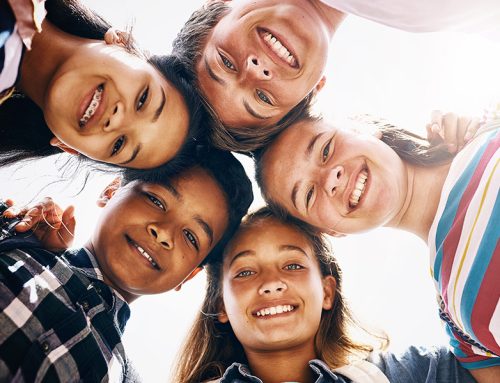
8 Things You Need to Know Before Joining a Clinical Trial
Clinical trials are necessary for many people looking to get their medicine. After all, they can save lives and advance medical research. However, they can also be extremely time-consuming and nerve-wracking. If you are thinking about joining a clinical trial, you should know what you are getting yourself into. Here are some important things you should know before joining a clinical trial.
1.) THERE ARE DIFFERENT TYPES OF CLINICAL TRIALS
There are different types of clinical trials: Phase I, Phase II, Phase III and Phase IV.
Phase I clinical trial is the first stage of testing to see how the drug will affect people. These tests can be risky, but they also offer the most insight into how a drug might work and if it is safe for use. They are typically short-term (6 months or less) and involve fewer than 100 people.
Phase II clinical trials are the second phase of testing on humans. These studies tend to be longer (1-3 years) and involve more people (100-300).
Phase III studies provide more details on a treatment’s benefits and possible side effects. They can include up to several thousand patients and last several years.
Phase IV studies happen after a drug or device has been approved for sale. They might look at the treatment’s long-term effectiveness or compare it to other options on the market.
2.) WHO CAN JOIN A CLINICAL TRIAL?
A clinical trial is a controlled research study that involves human volunteers. The participants are usually healthy, and they are chosen to represent the average person with the disease or condition being studied. Clinical trials are often conducted outside of the hospital setting, but they need to meet certain standards for safety and quality.
Only those who meet the specific criteria can participate in clinical trials. Certain criteria include:
-Being between 18-65 years old
-Having an active phone number
-Being within a certain weight range (for some trials)
-No other medical conditions/taking any medications that would interfere with the survey or treatment
3.) YOU MUST SIGN A CONSENT FORM FIRST
If you are joining a clinical trial, there is always a consent form that must be signed. This form may ask for personal information about your current health status. It will also outline the risks and benefits of the trial. Make sure to read through this document carefully before signing anything.
4.) EVEN IF YOU HAVE ALREADY BEEN TREATED, YOU CAN JOIN A CLINICAL TRIAL
If you have already been treated for the disease you are volunteering for, it doesn’t mean that you can’t join a clinical trial. So many drugs and treatments are still in phase 1 of clinical trials. Phase 1 means that regulators have not approved the treatment and the safety profile is not fully known. If you have already received treatment for your disease, it will often include a few more months of monitoring to see how well the drug or treatment is working for you.
5.) CLINICAL TRIALS ARE ONLY FOR INVESTIGATIONAL MEDICINES
Before you sign up for a trial, make sure it is only for investigational medicines. You don’t want to put yourself through the stress of a trial if there is already an approved treatment.
6.) CLINICAL TRIALS ARE ONLY FOR REGULARLY TREATED CONDITIONS
If you’ve been diagnosed with a chronic condition, like cancer, and are doing well on your regular treatment, then you should not be looking into clinical trials. Clinical trials are only for people who have regular treatments and want to see if they can do better or have more treatment methods available.
7.) YOU CAN’T EXPECT MUCH FINANCIALLY FROM A CLINICAL TRIAL
Clinical trials are not necessarily about making money. You will not be compensated for your time. The only compensation you will receive is the medication, which you may or may not get to keep after the trial. If a medicine is being tested and determined to be very effective, then there may be a monetary reward at the end of the trial.
8.) YOUR CLINICAL TRIAL WORK SCHEDULE WILL BE STRICTLY ENFORCED
Clinical trials are not just a time commitment but also a financial commitment. They often require participants to fly from home to the trial location, which can mean long periods away from your family and friends. You will have to make sure that you have enough vacation time available for these trips.
Some clinical trials require participants to do office visits at the clinical stie while other allow you to have home visits. If you join a clinical trial that requires you to travel, you may be compensated for your time and travel.
CONCLUSION
Clinical trials are a way for people to take part in the development of new medicines and treatments for diseases. They can be either for investigational medicines or regularly treated conditions. If a trial is for an investigational medicine, it can only be done if you have a regular condition. There are many benefits to joining clinical trials, but they can also be risky. If you want to be compensated for your efforts in contributing to clinical trials with us, you can sign up for a paid clinical trial on our website here [http://www.palmbeachresearch.com]
Related Posts
Subscribe to Hear About New Trials First
Subscribe to Hear About New Trials First
Subscribe to our newsletter by adding your email and keep up to date with the new studies we are offering as well as study results and more.








